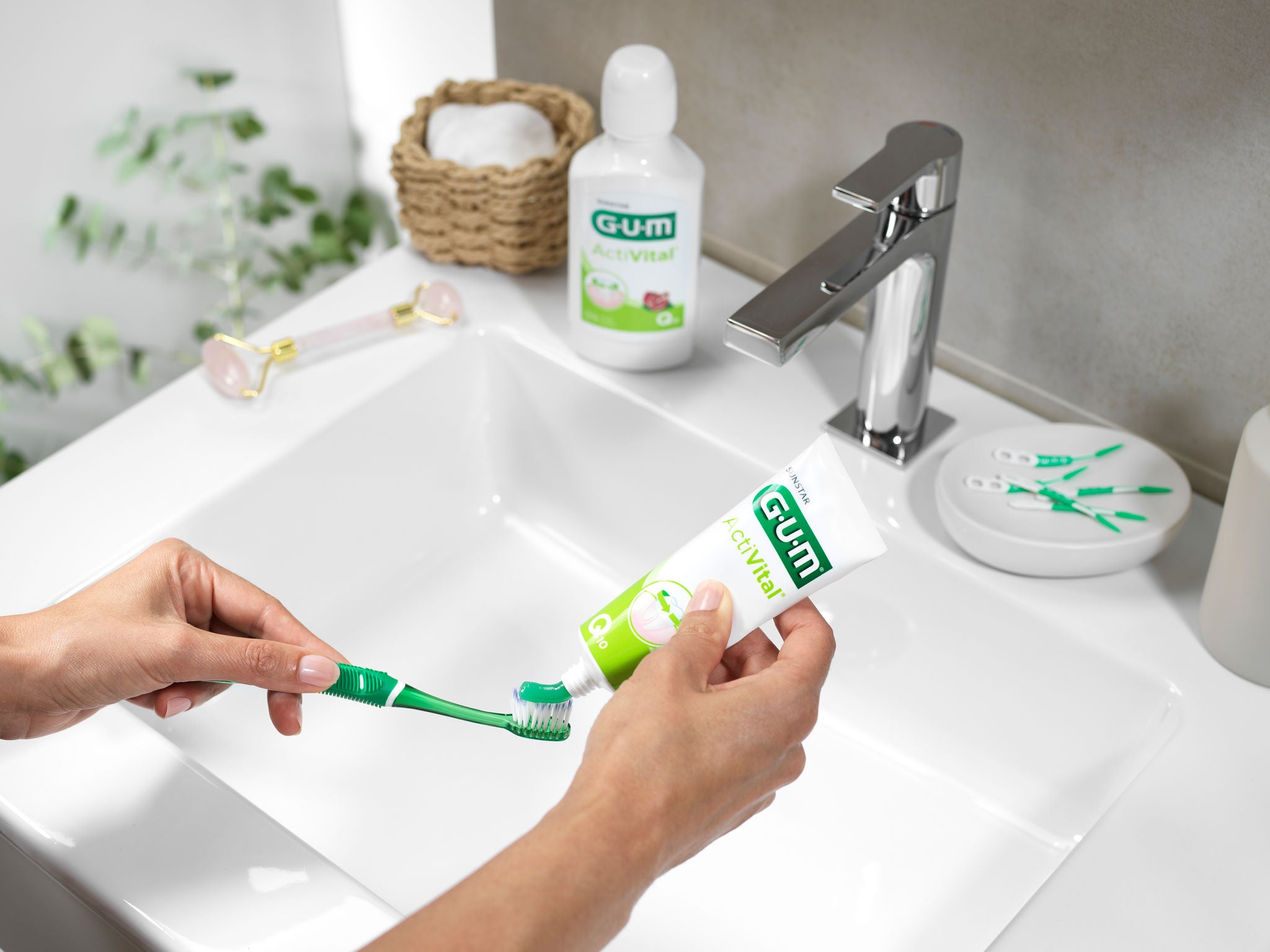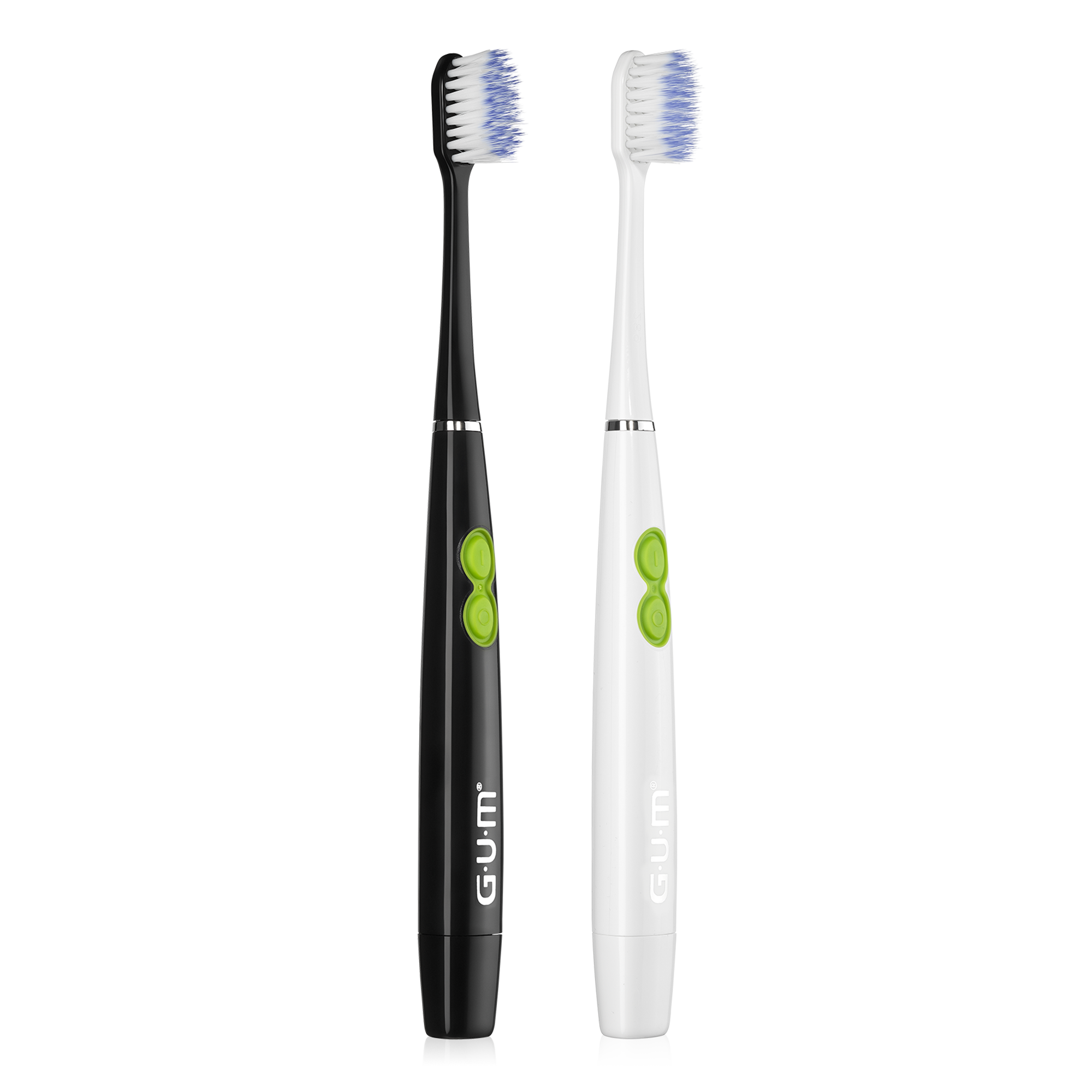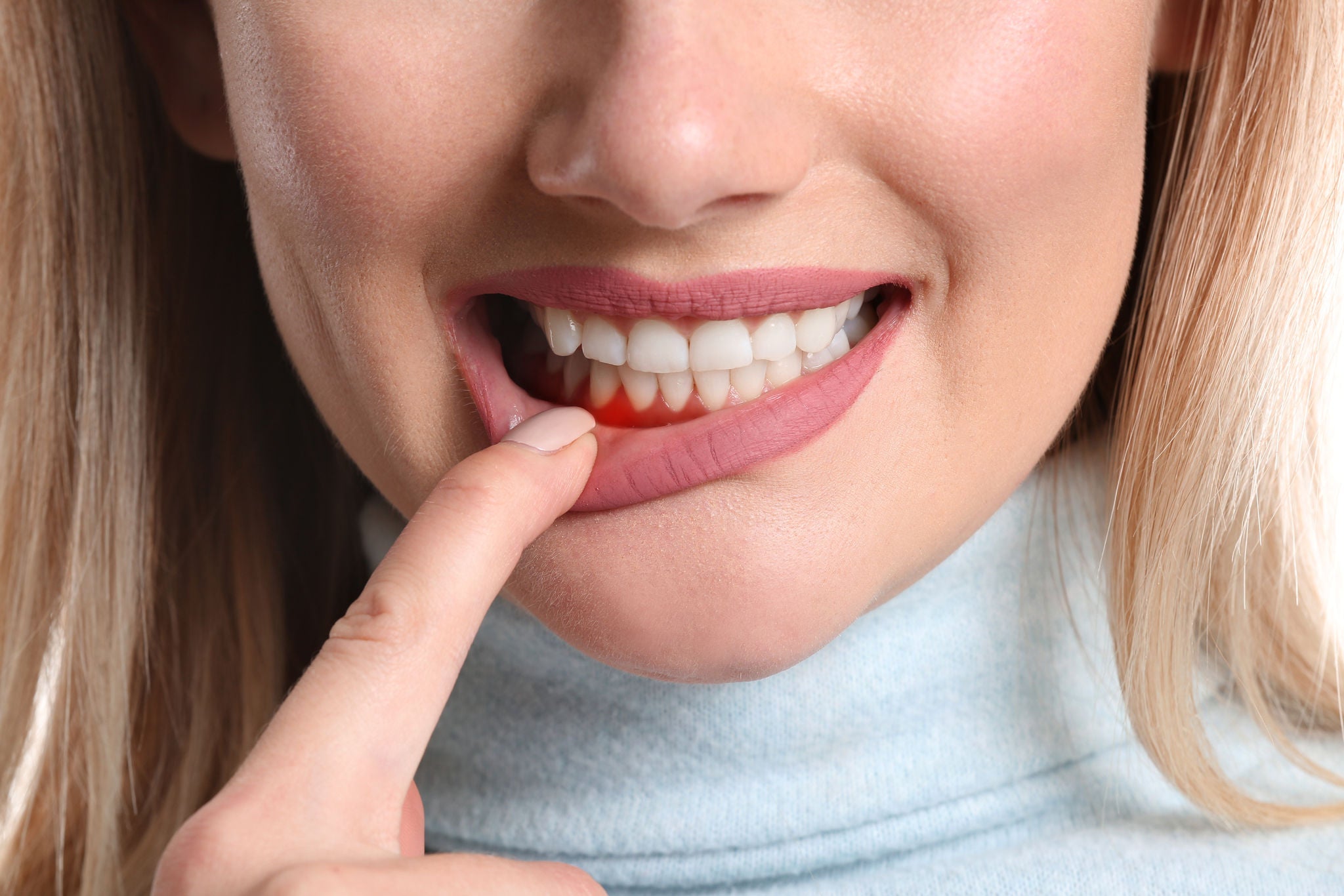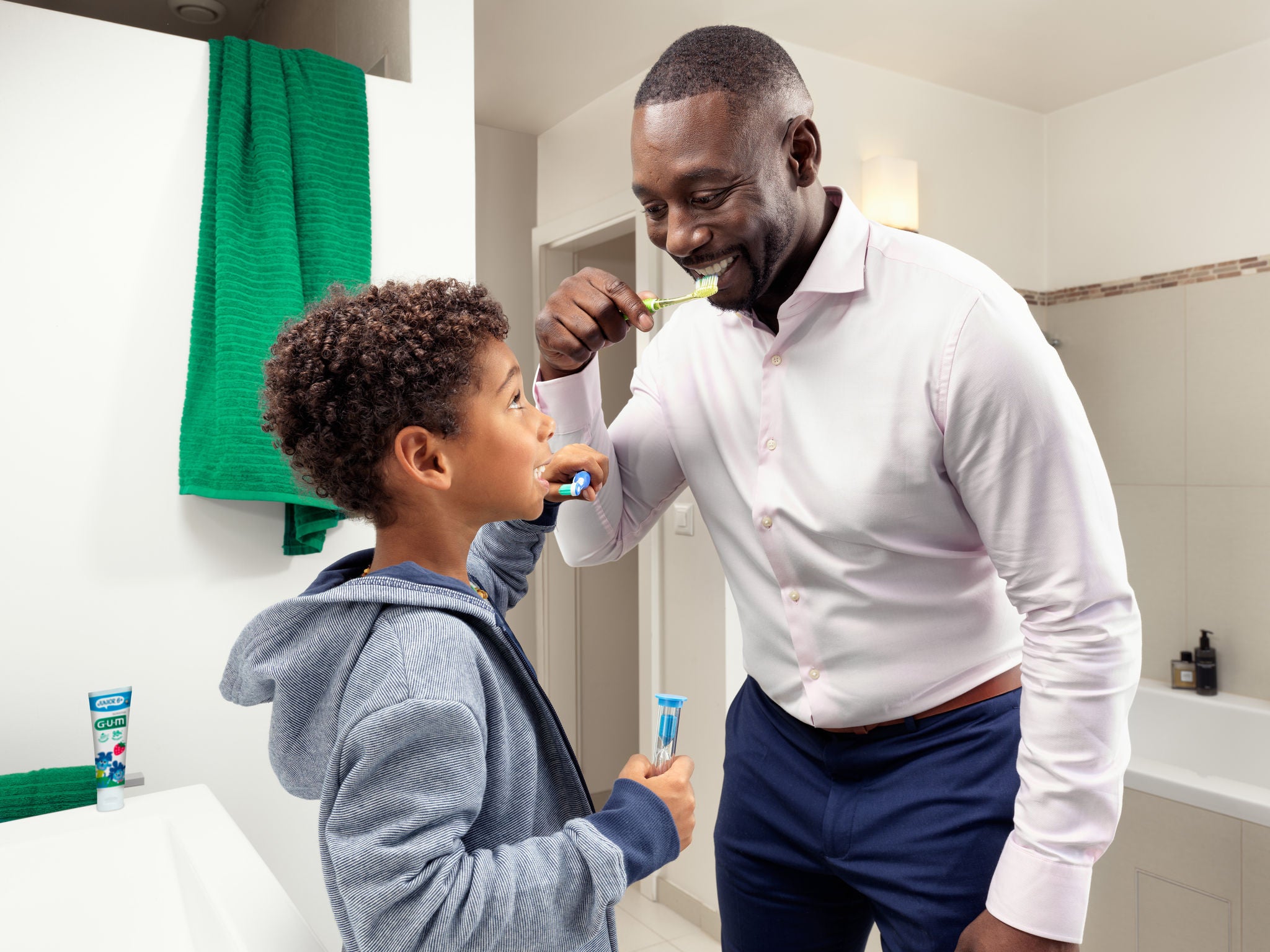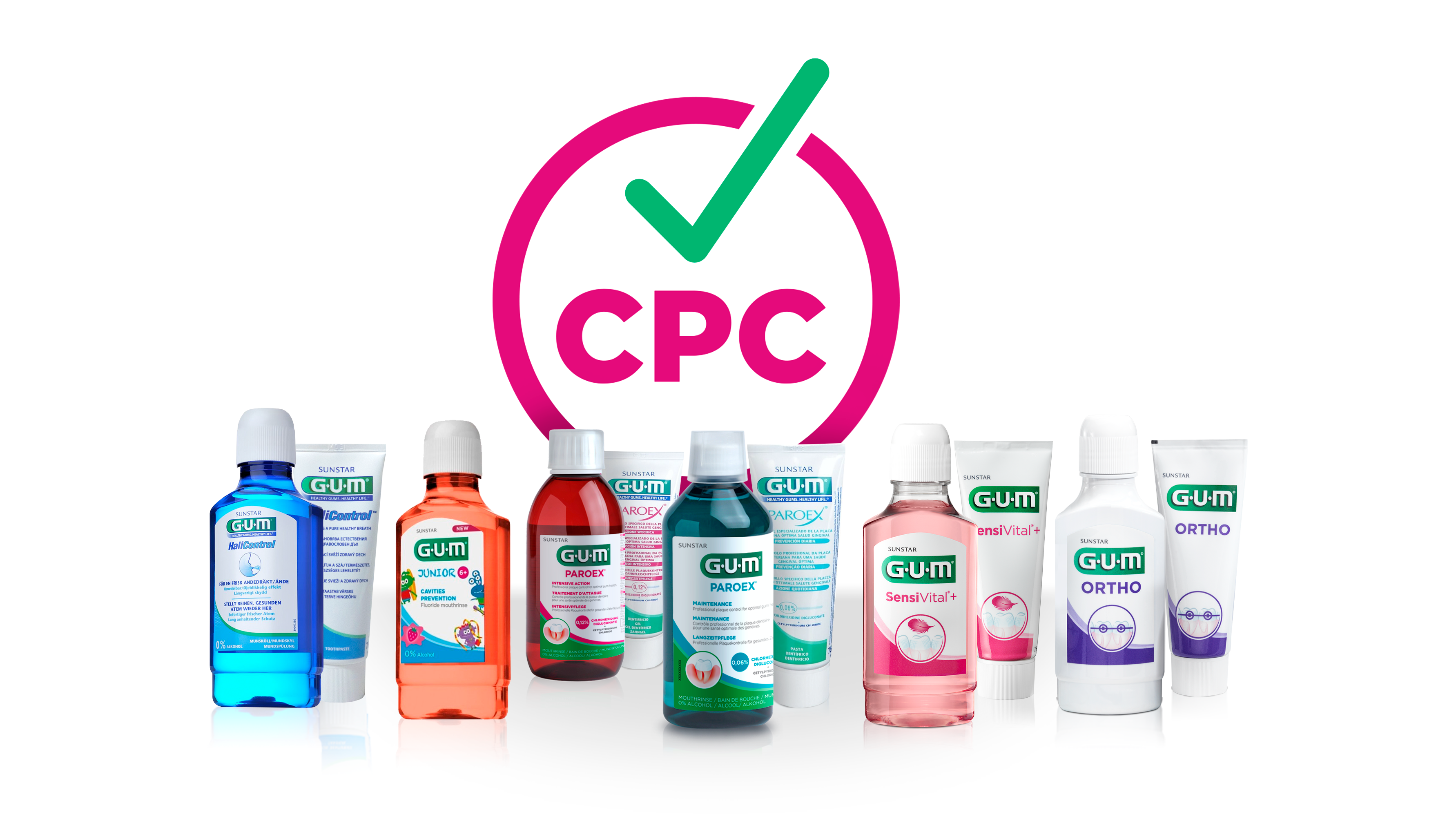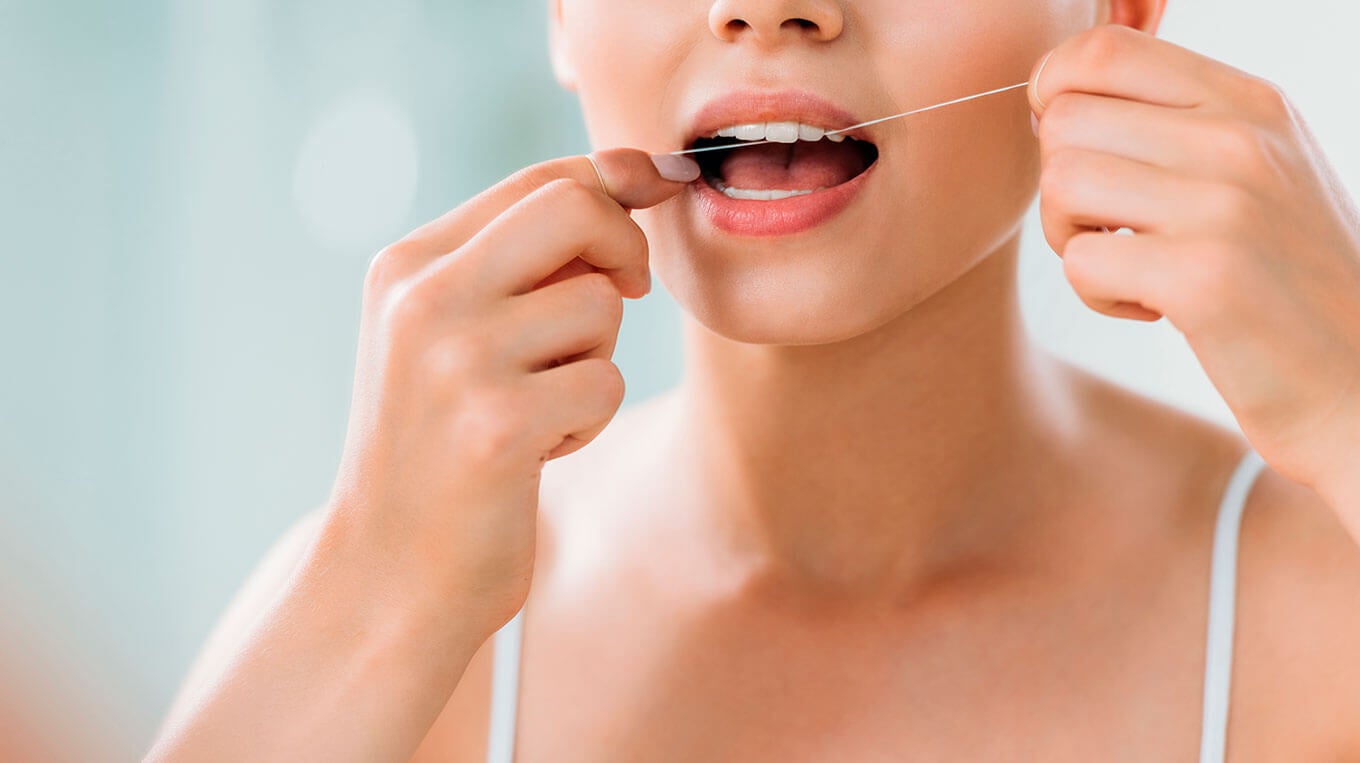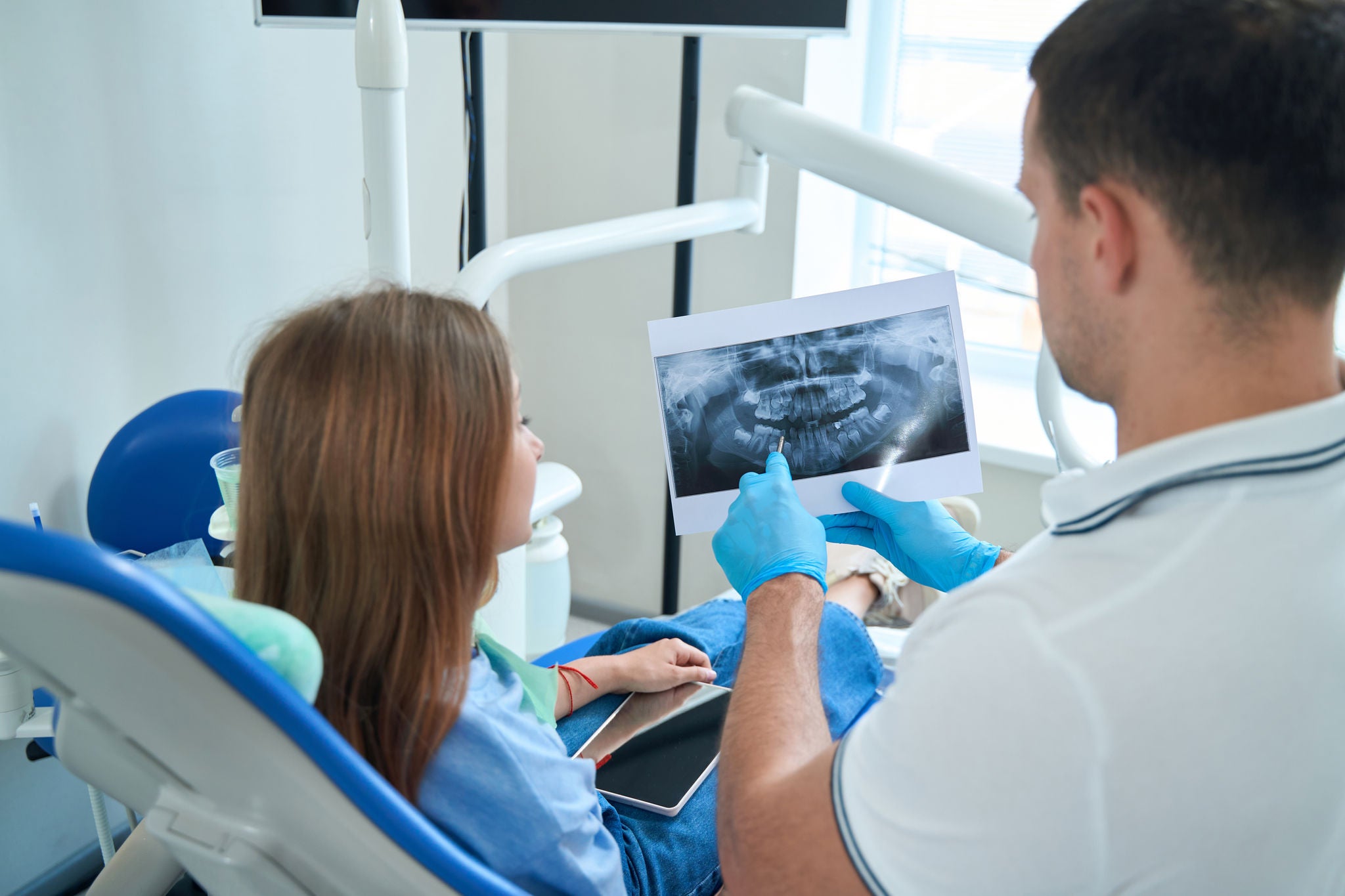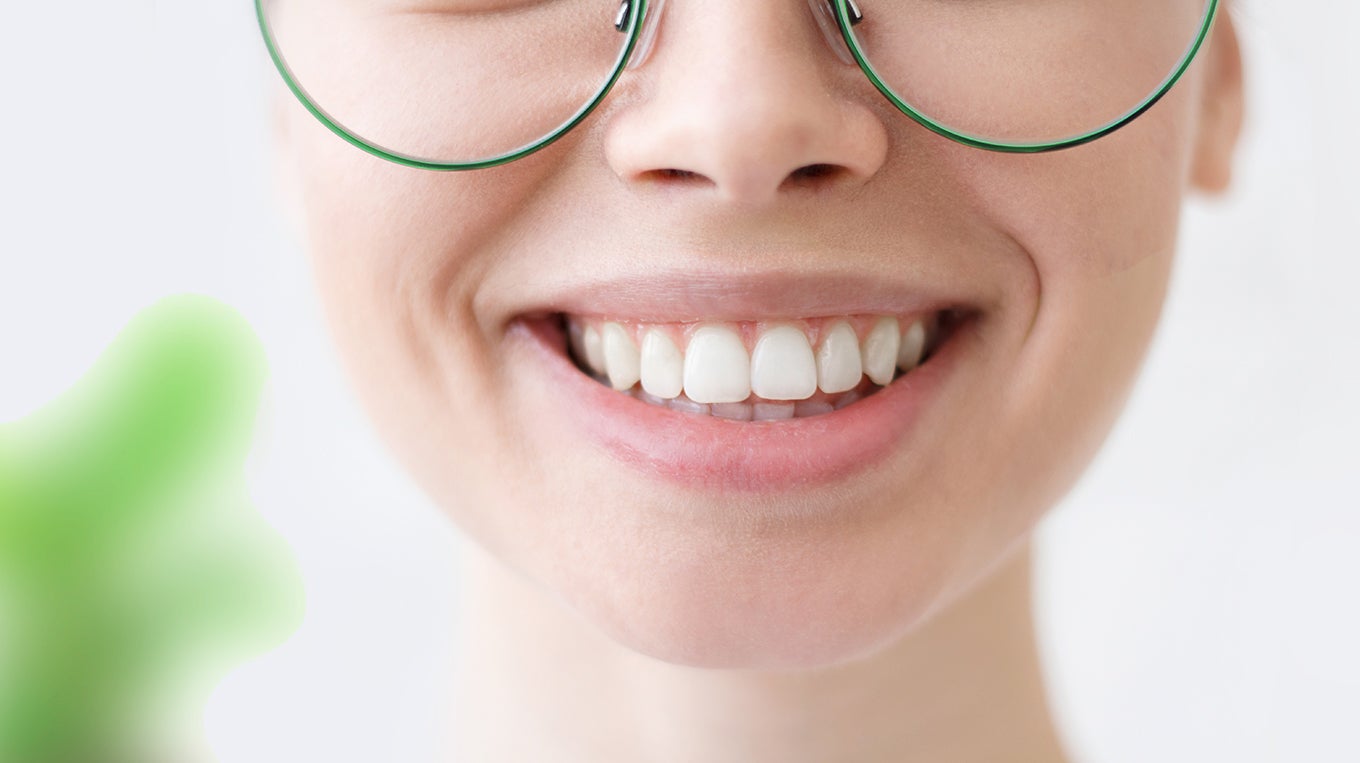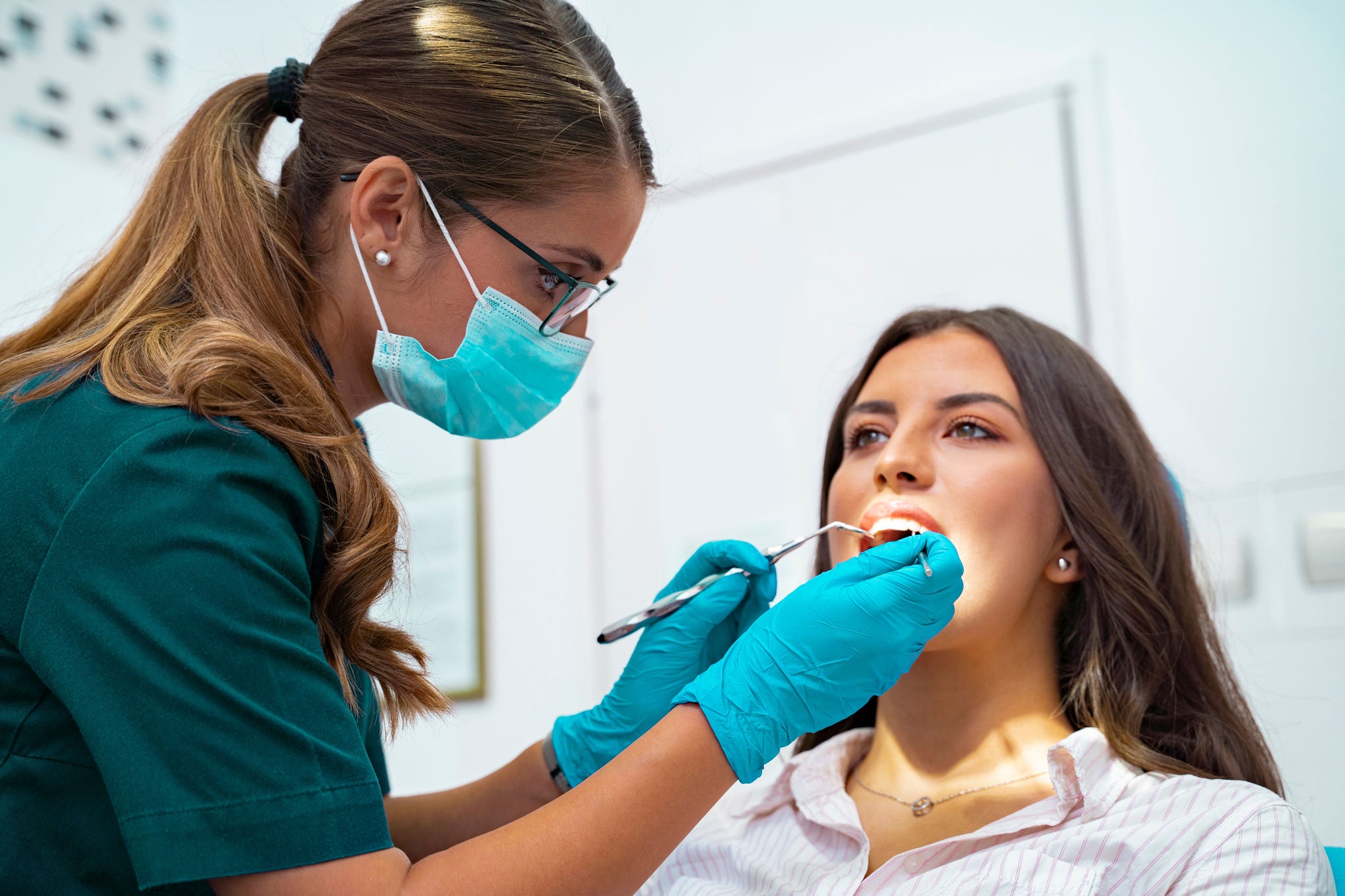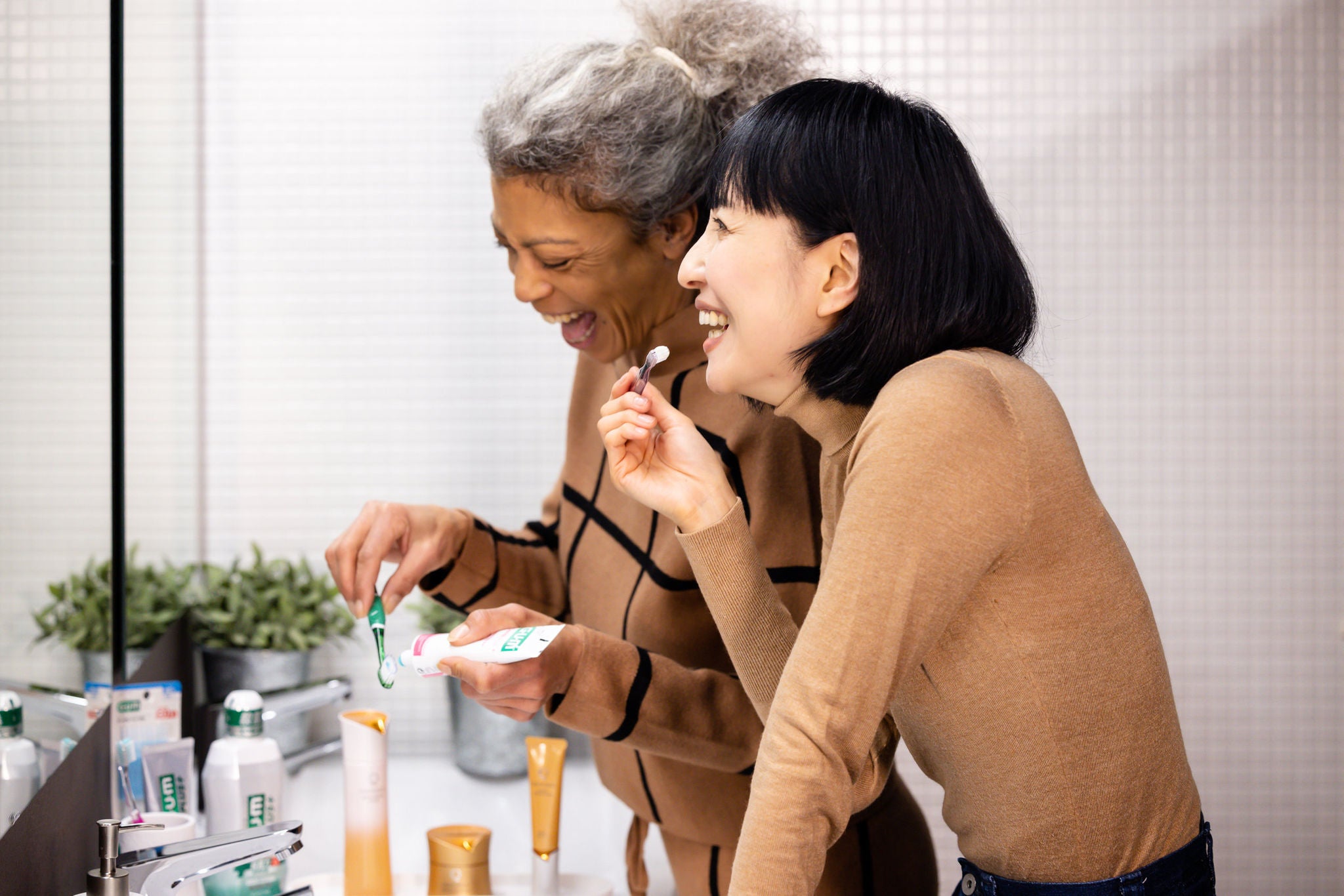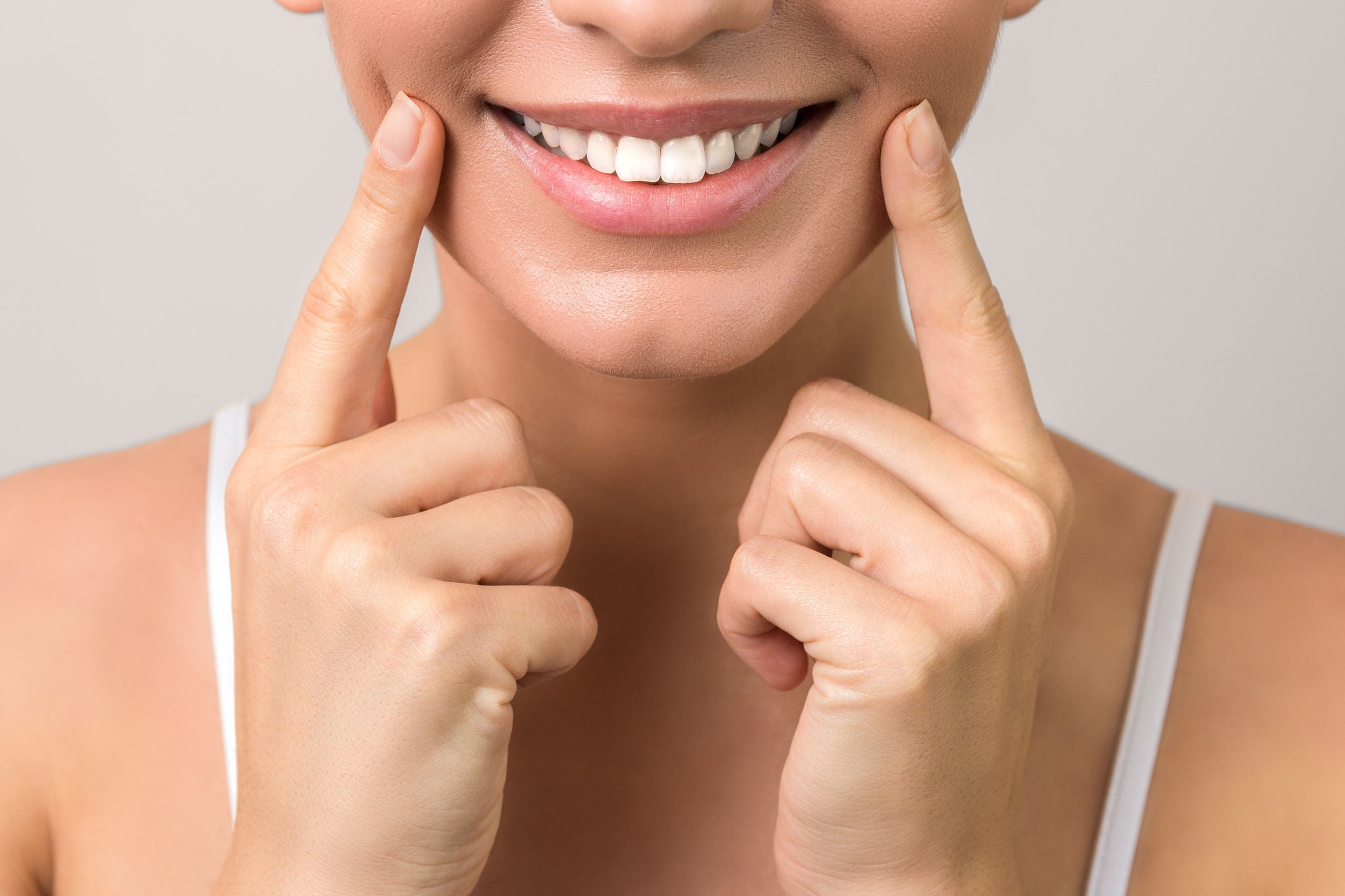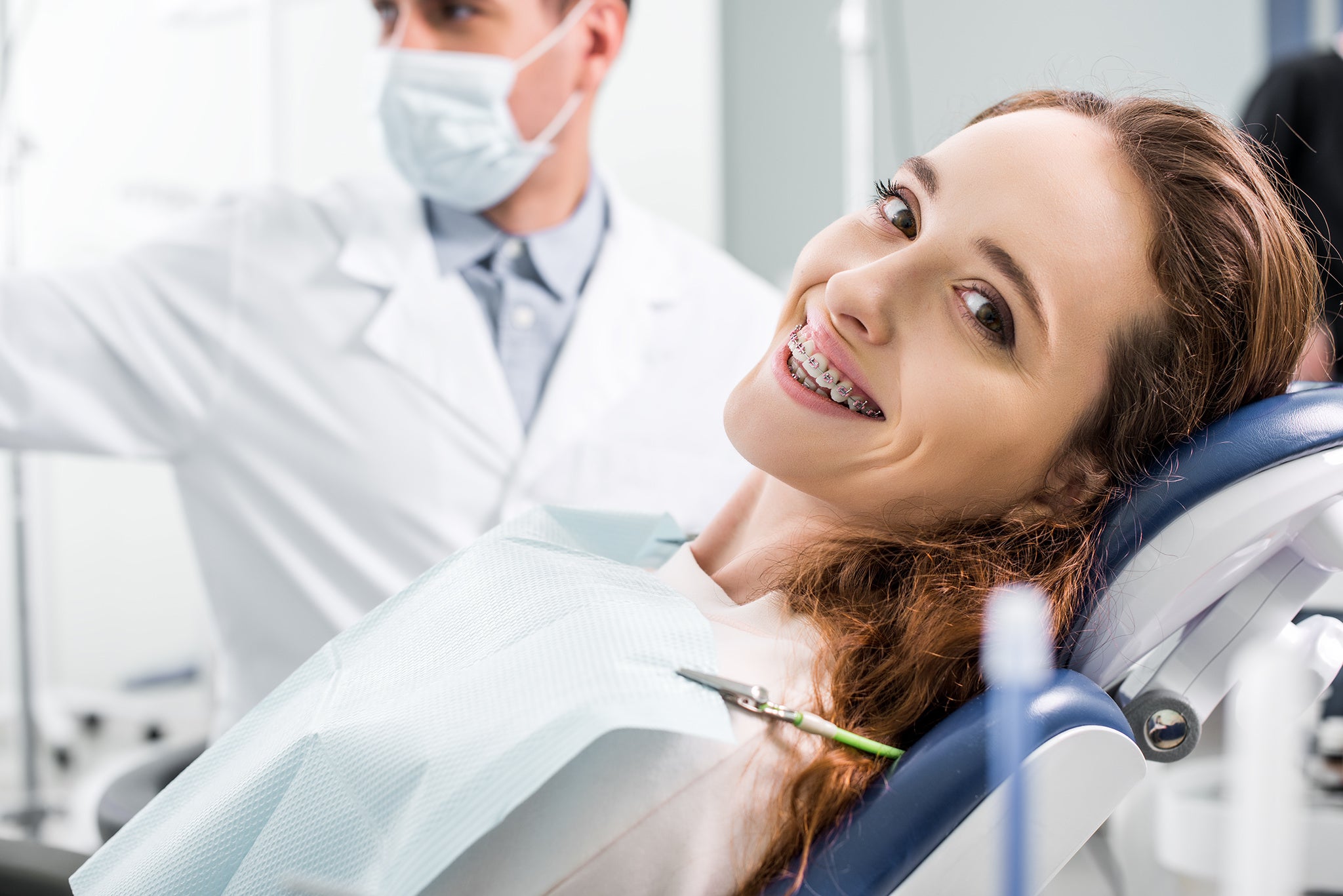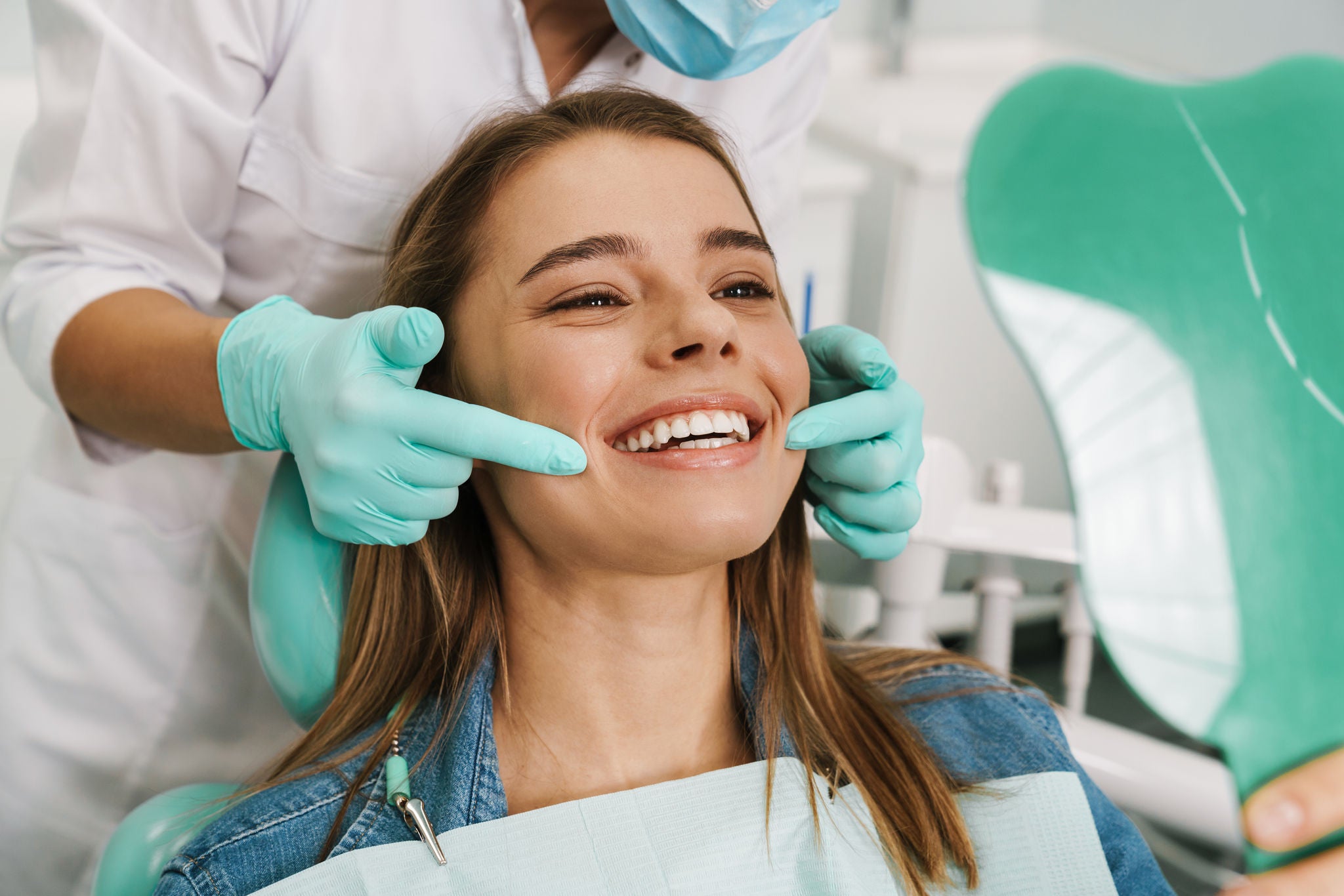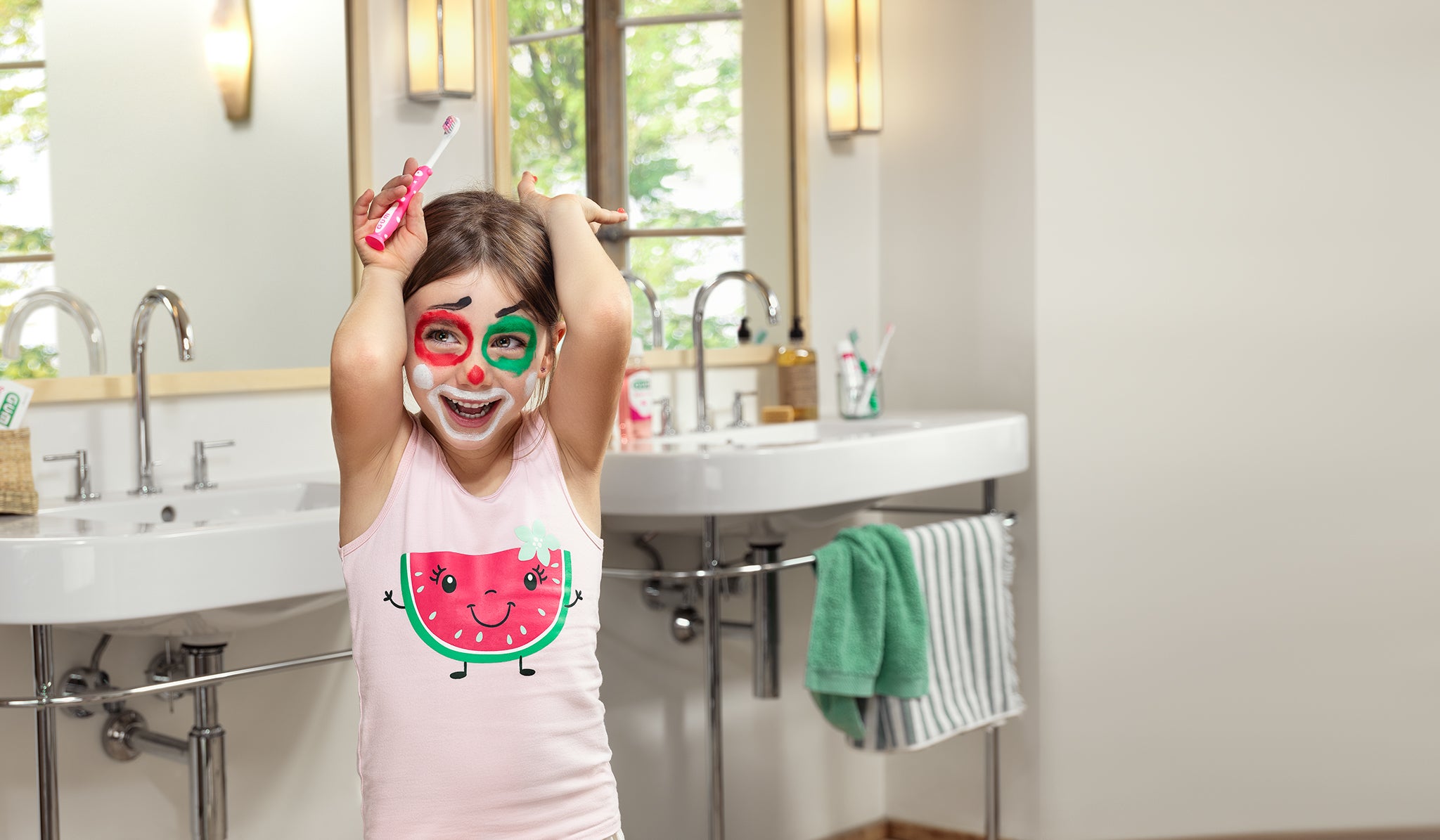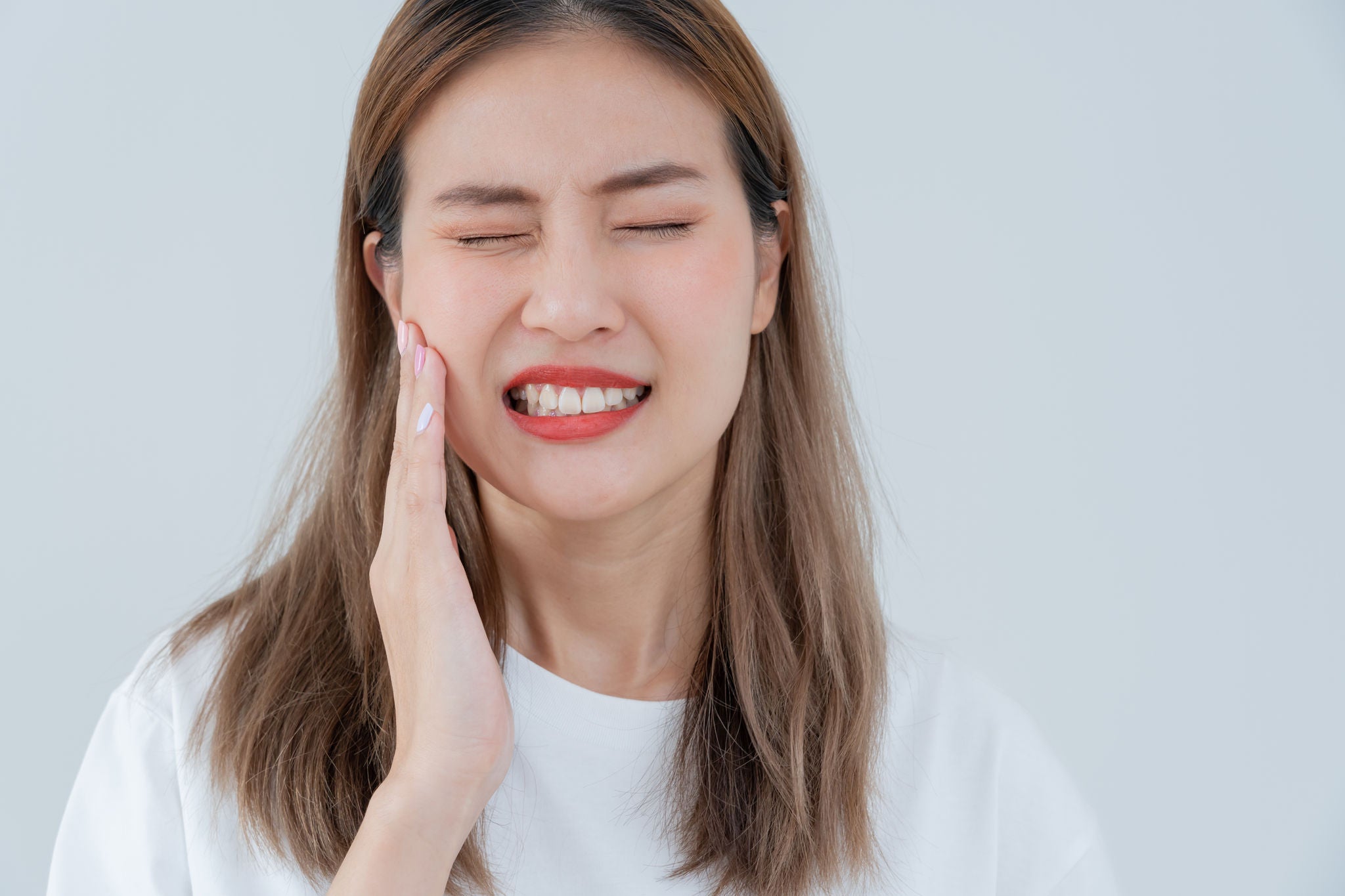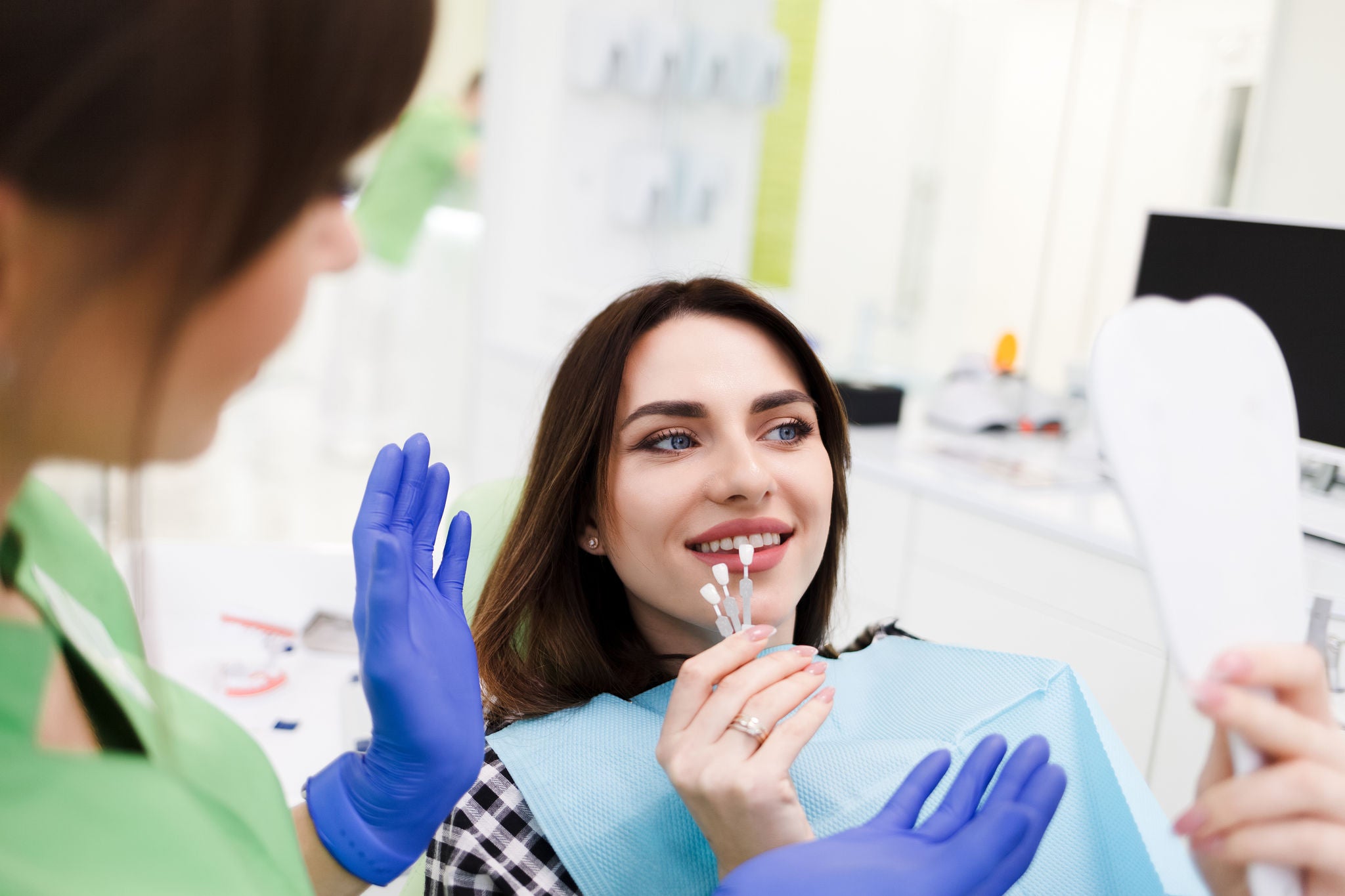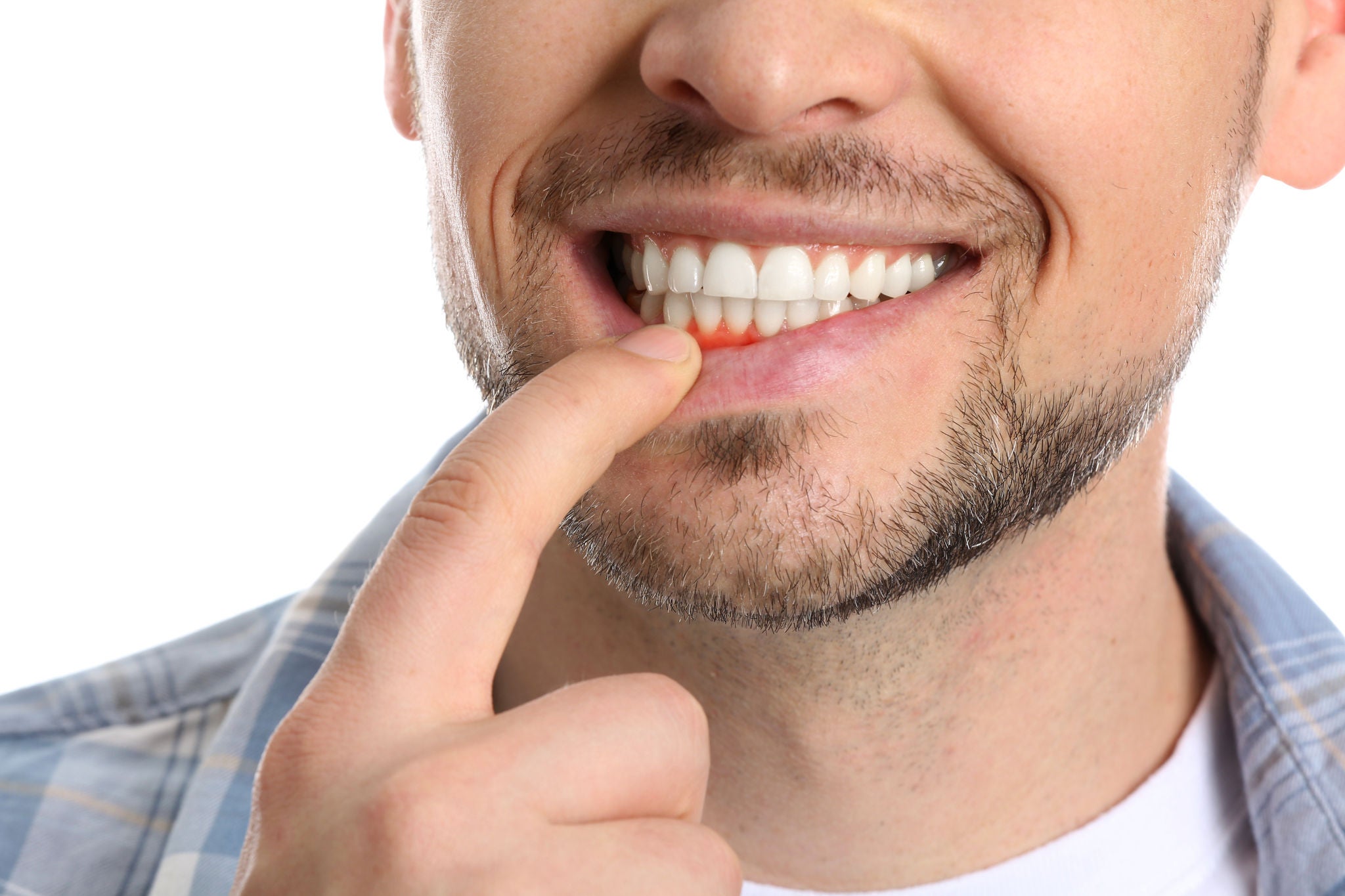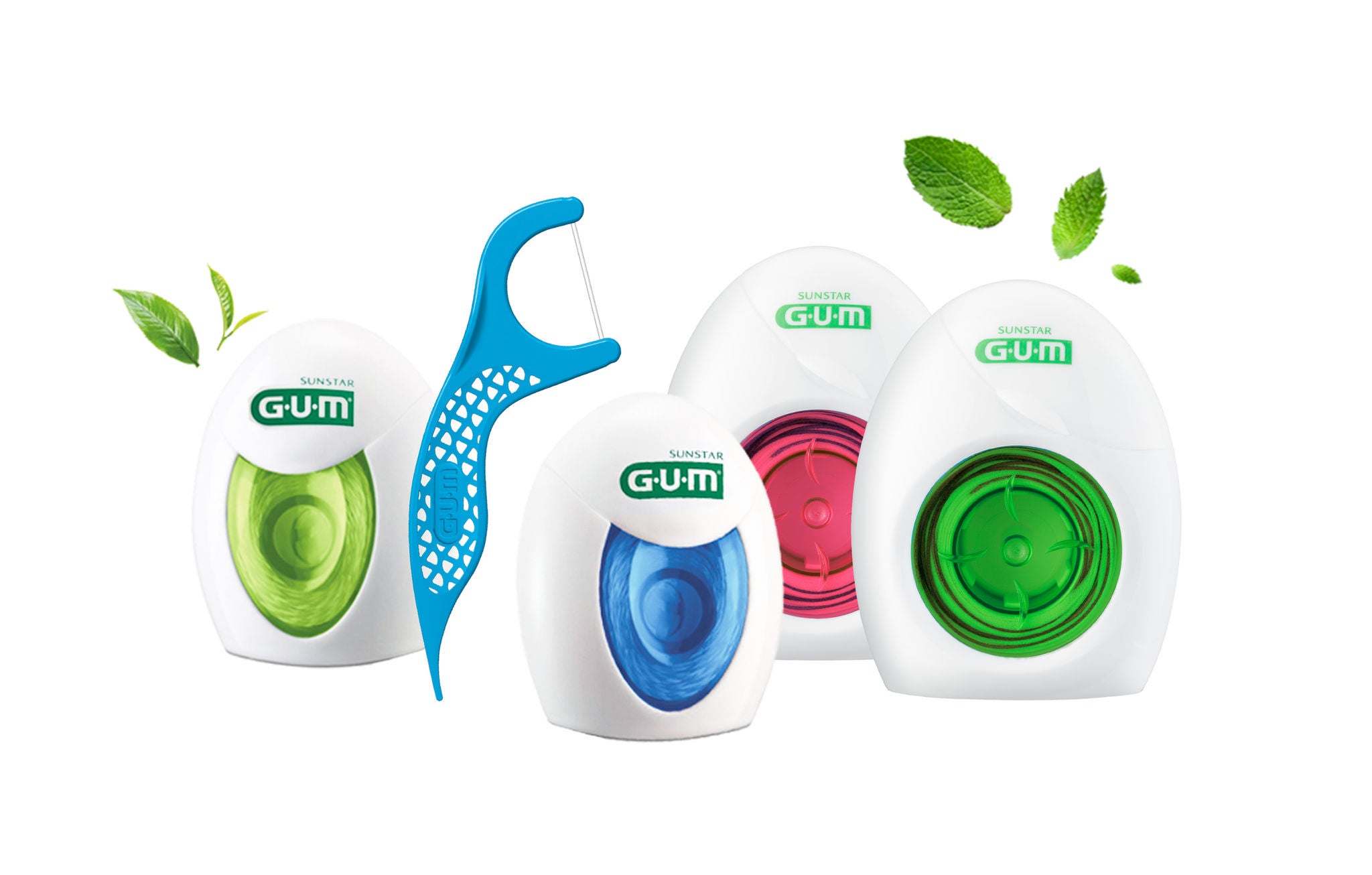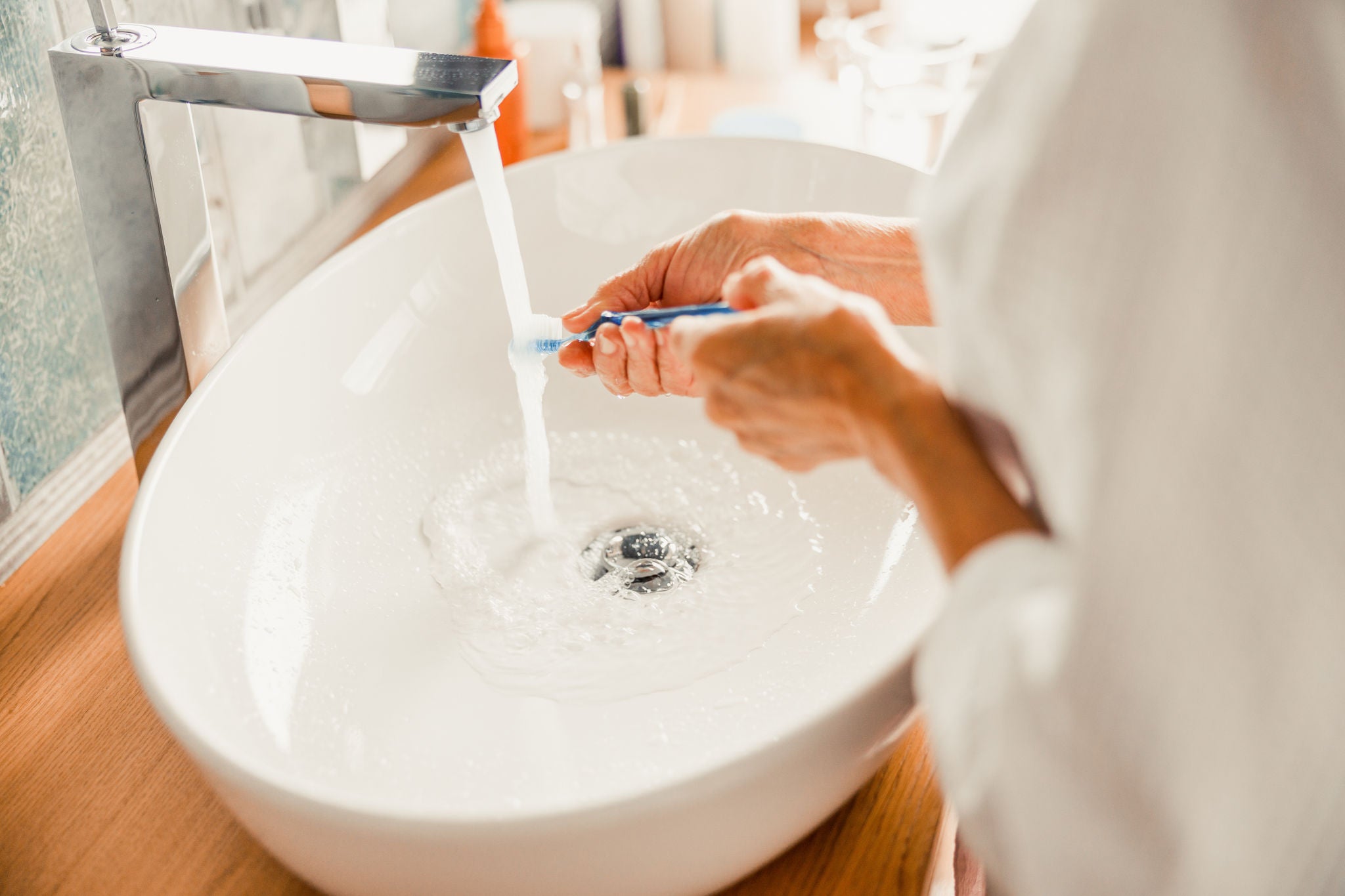
7 Things You Didn’t Know About Your Oral Health

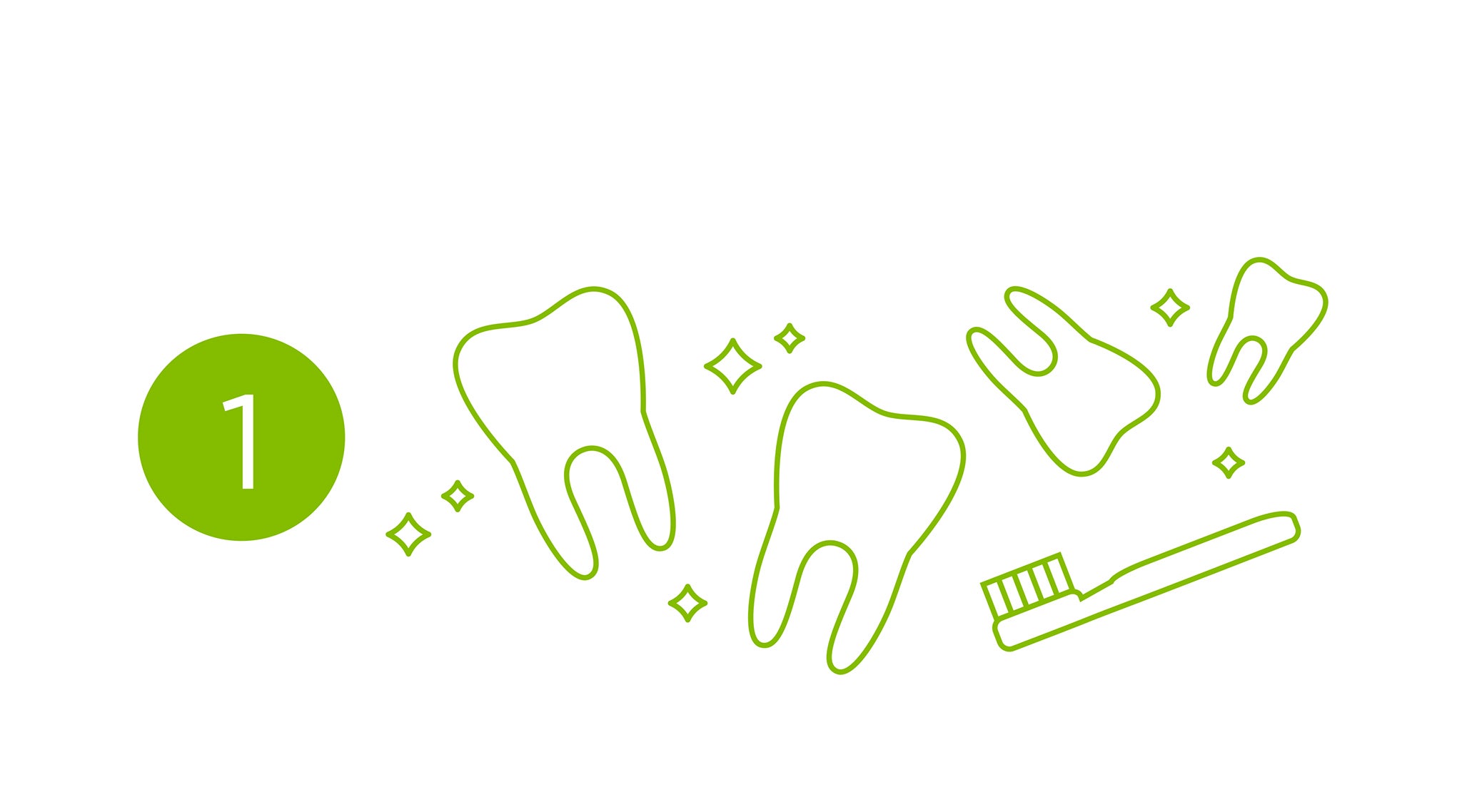
1. Tooth decay is permanent, and can’t be reversed
Unlike the rest of your body, enamel – the critical protective layer of our teeth – doesn’t have living cells, meaning it can’t repair itself. Once it’s damaged, all you can do is try to prevent further decay. Take a proactive approach to tooth health with toothpaste and mouth rinse products that contain fluoride to protect and remineralize your teeth.
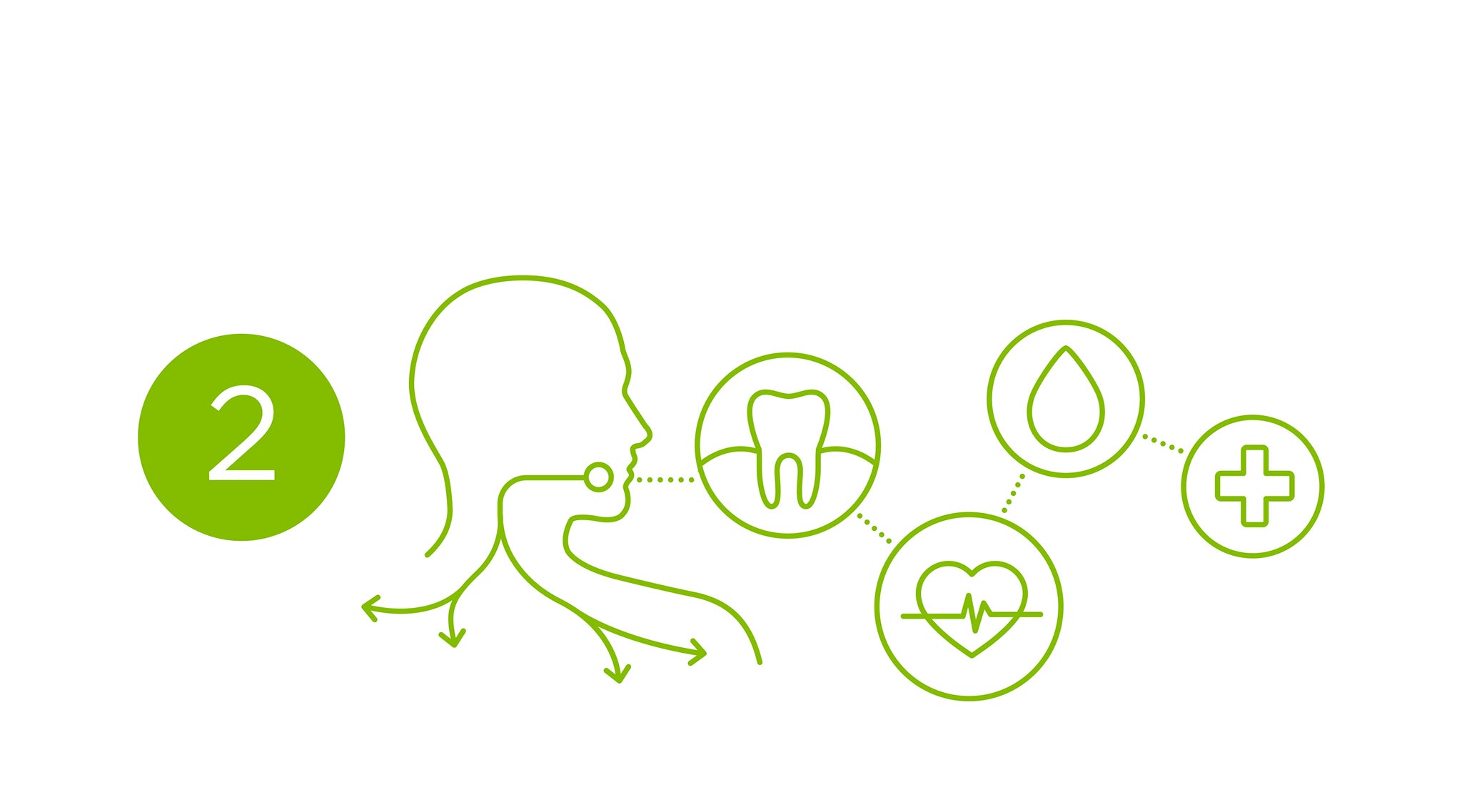
2. Gum health is the gateway to your general health
Your gums play a bigger role in your oral (and general) health than you might think. They help shield your body from infections and complications – so when your gum health is challenged, the rest of your body is, too. In fact, gum disease has been linked to a number of serious conditions, including diabetes, heart disease and strokes. About 20% of middle aged adults (35-44 years) and 40% of older adults (65-75 years) in Europe alone1 suffer from severe gum disease. Help protect your gums by gently cleaning your gum line and in-between your teeth to remove and prevent the build-up of plaque.
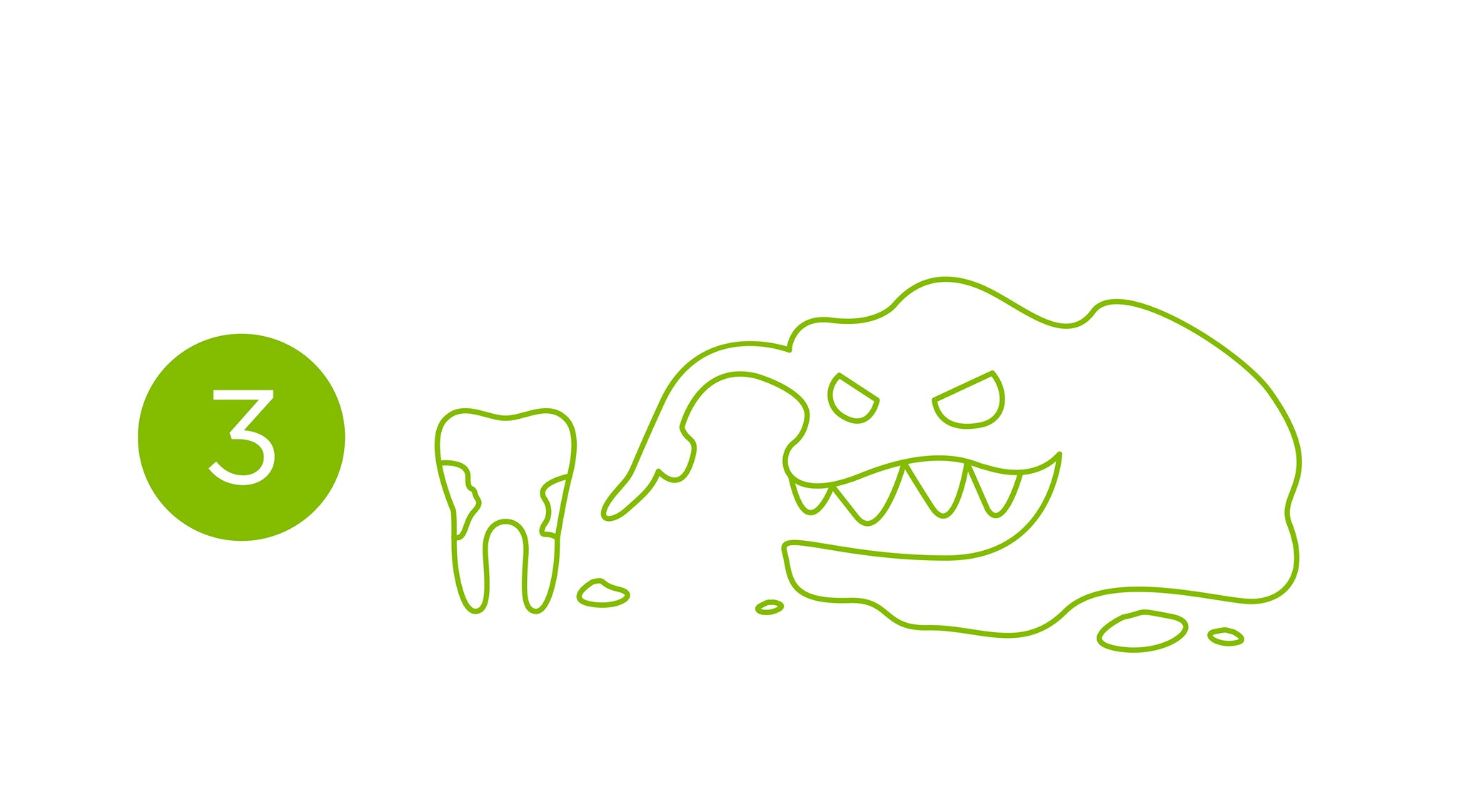
3. Plaque is your biggest enemy
Plaque is the source of all (or most) evil. It’s a harmful mass of bacteria living in your mouth that feeds off of sugars and leftover foods. Plaque starts out being sticky, and colorless, but when it’s not eliminated, it turns into yellow tartar that’s totally impossible to remove without the help of a dentist. This leads to the damaging of your enamel, because the bacteria transforms the leftover foods and sugars into acids, causing cavities, tooth decay (ouch!) and gum disease. Make sure to remove and prevent plaque by brushing, flossing and rinsing your mouth after every meal.
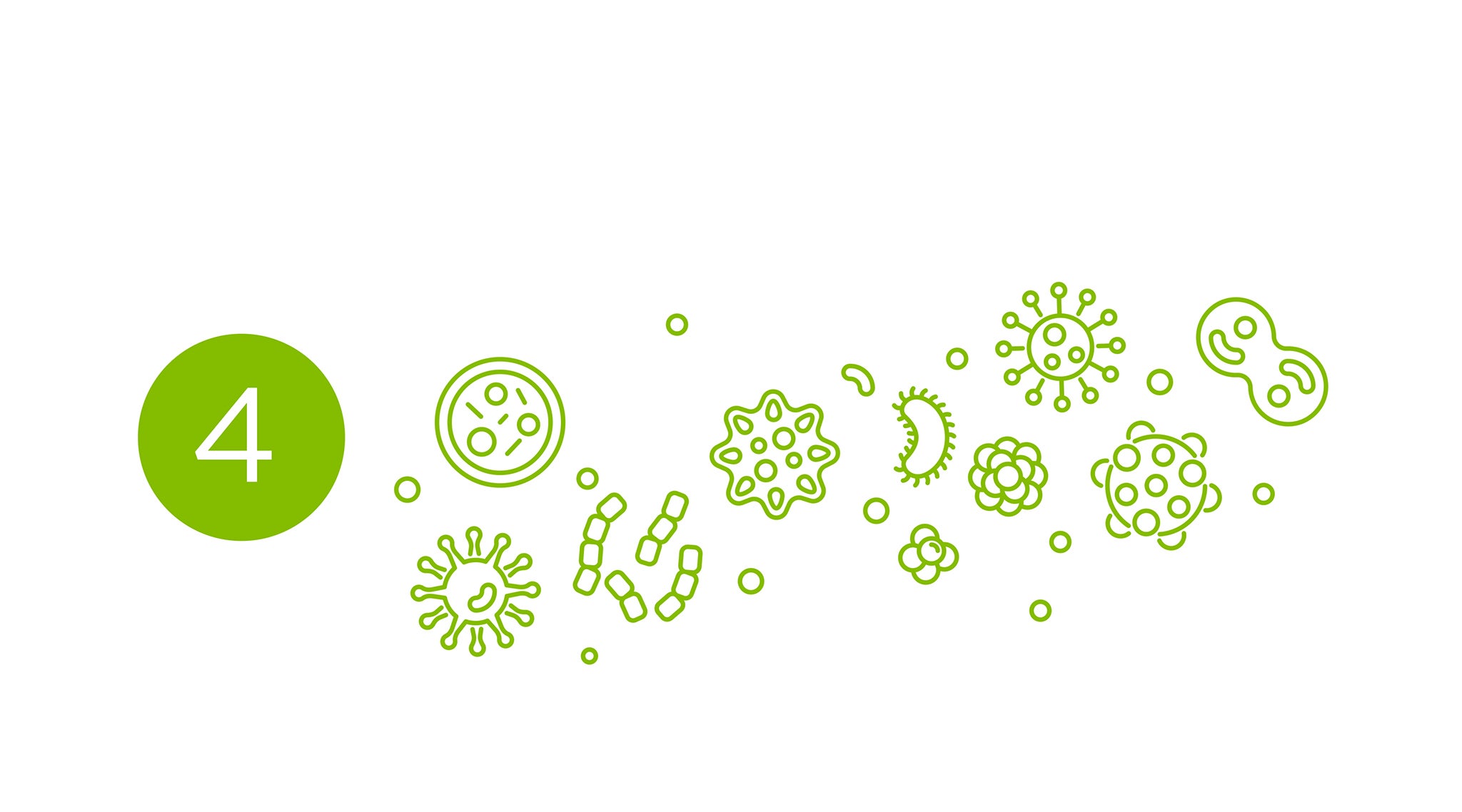
4. Your mouth contains over 800 different types of bacteria!
The mouth is a very complex ecosystem. The average healthy oral cavity contains about 800 different types of bacteria, with each tooth holding more than a billion bacteria. When your oral flora is balanced, your body has a strong natural defense system to prevent the onset of disease. But when there’s an imbalance, your immune system is more vulnerable, which makes you more susceptible to oral health complications. Make sure to use gentle products, without harsh substances, so as to not offset the balance of good and bad bacteria in your mouth, keeping their habitat just right.
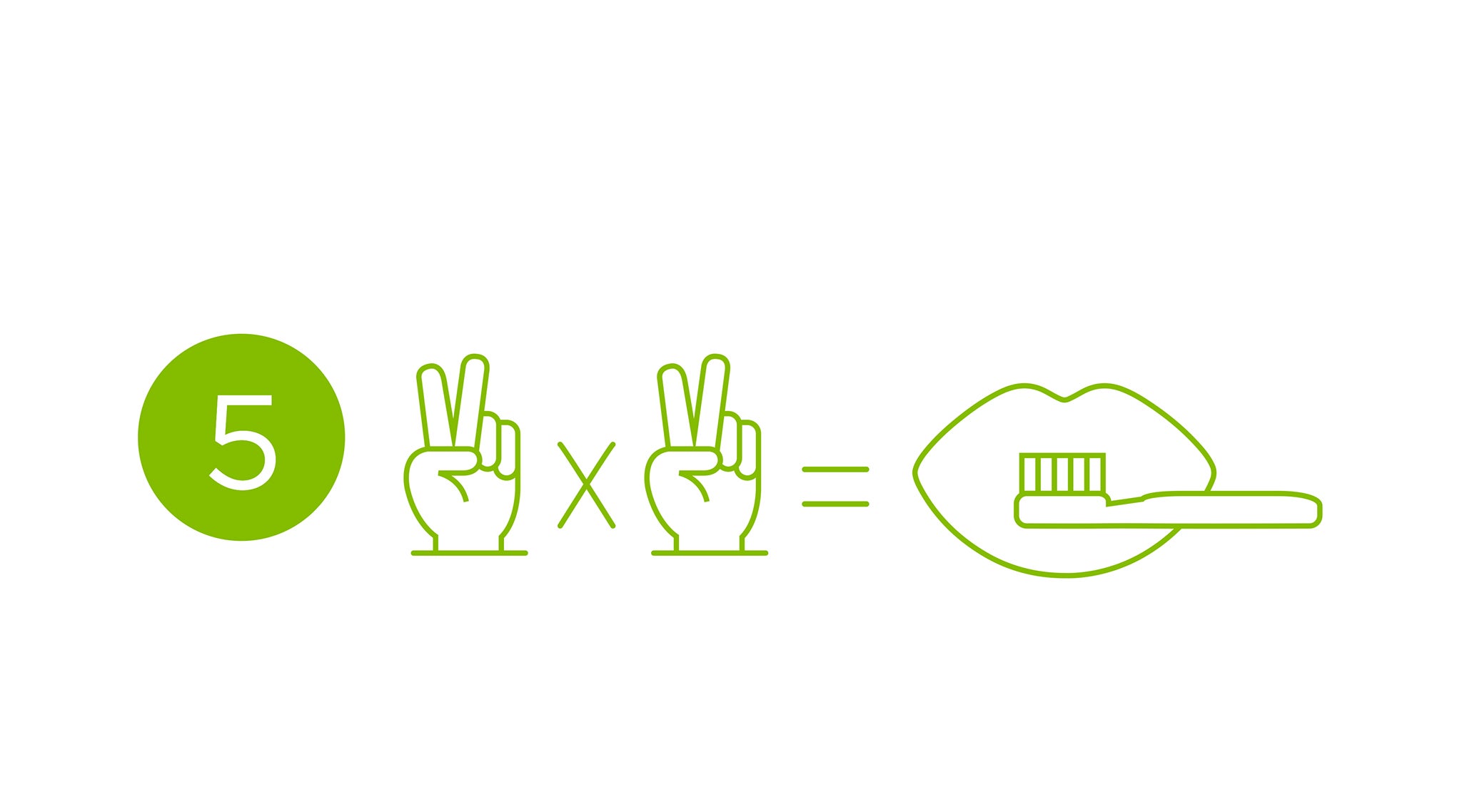
5. Follow the 2 X 2 rule when brushing your teeth
You’re probably a habitual brusher, but are you sure you’re brushing your teeth the right way? Here are a few tips to make sure you get the most out of your daily oral care routine:
- Brush your teeth twice a day with a soft brush, for 2 minutes (it’s easy, just remember ‘2x2’).
- Hold your toothbrush at a 45° angle to the gums and brush in a circular motion (for manual toothbrushes) or a gliding motion, tooth by tooth (for power toothbrushes).
- Don’t brush your teeth too hard, as this can lead to sensitive teeth.
- Change your toothbrush (or the head of your power toothbrush) at least every 3 months, or as soon as you notice the bristles are worn.
- Don’t forget to brush your gums and tongue.
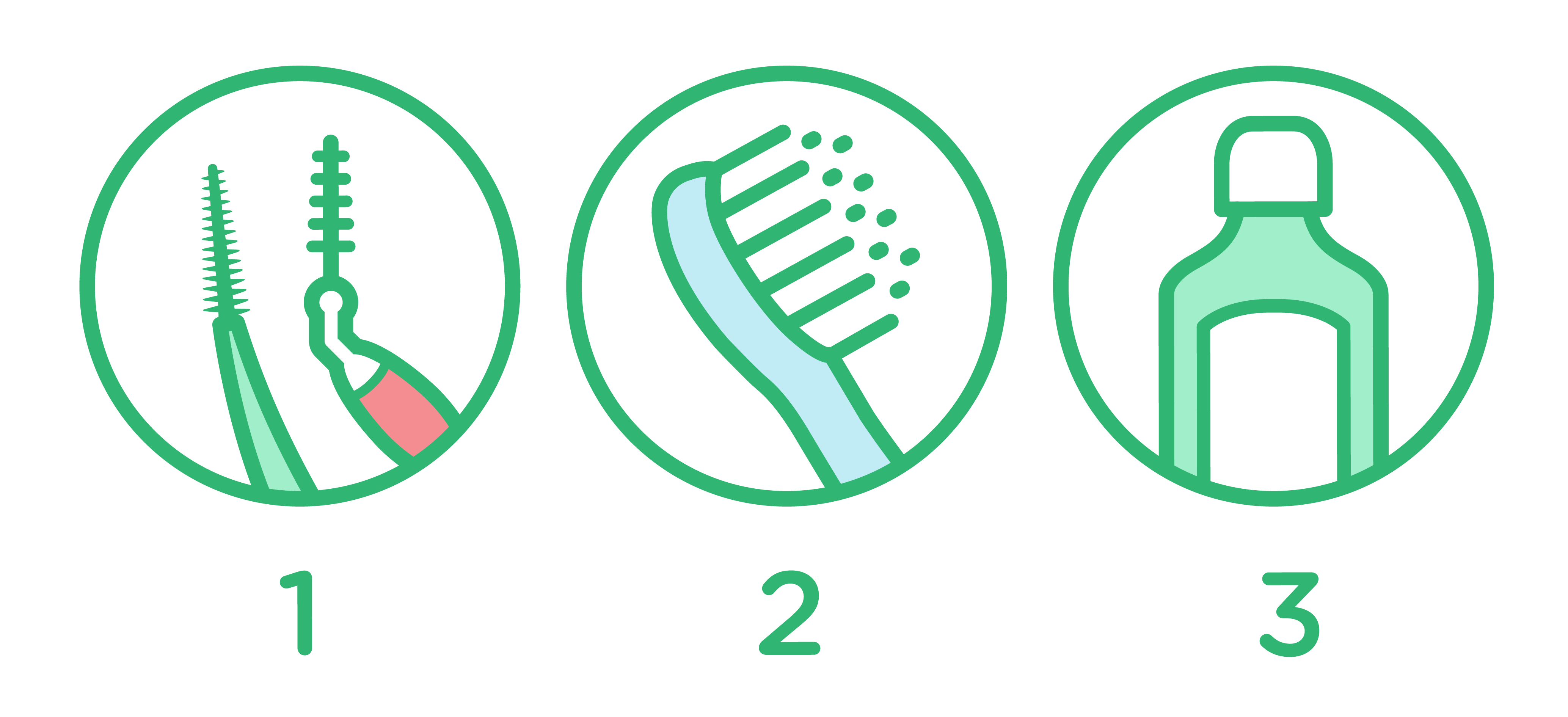
7. Your hygienist is not a genie, you need to help too
If you thought that visiting your hygienist once a year was enough to help you avoid plaque for the rest of the year, think again. Your hygienist may be great (and visiting them twice a year is definitely necessary) but proper oral care starts at home. Make sure to follow a three-step oral care program and maintain the hard work of your dental specialist so that next time you visit them, they’ll be happy to see you coming.
If you need an extra hand with improving or maintaining your oral health care, we’ve got just the solution for you.
Notes
*vs. a Manual flat trim toothbrush. Internal Report: S.L. Yankell, X. Shi, C.M Spirgel. YRC Inc. Moorestown, NJ USA (2007)
1. World Health Organization
